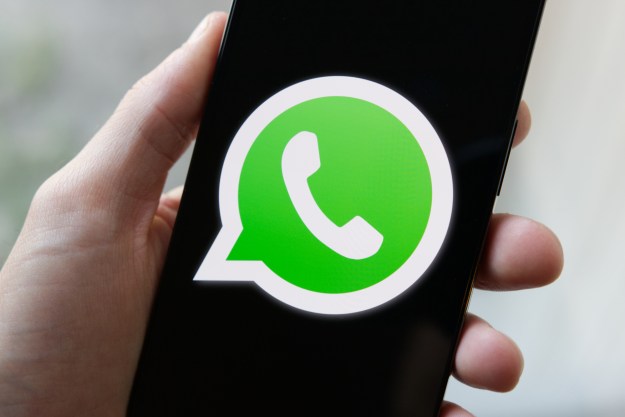It looks like Facebook, WhatsApp, and Instagram could be in a bit of hot water over their messaging services. BlackBerry has filed a lawsuit against the services, now all owned by Facebook, in a Los Angeles court, claiming that the messaging services infringe on patents owned by BlackBerry. It hasn’t yet given many details about the suit.
“As a cybersecurity and embedded software leader, BlackBerry’s view is that Facebook, Instagram, and WhatsApp could make great partners in our drive toward a securely connected future, and we continue to hold this door open to them,” said BlackBerry, according to a report from CNET.
Of course, Facebook is unlikely to take the suit on the chin. According to CNET, the social media giant argues that the suit “reflects the current state of [BlackBerry’s] messaging business,” and that the company has abandoned its efforts to innovate, instead looking to tax innovation from other companies.
Facebook certainly has a point when it comes to BlackBerry’s slowed innovation. Ten years ago, the company was one of the world’s leading phone companies, but since then it has largely ceased to make interesting products for consumers, and instead focuses on offering software to government and corporate clients. There are still a few BlackBerry phones out there, including the BlackBerry Motion and BlackBerry KeyOne, but they don’t sell very well, and they’re not all that interesting. On top of that, they’re built by TCL a Chinese electronics manufacturer that licenses the BlackBerry name.
The suit, however, likely relates to BlackBerry Messenger, or BBM, which was hailed as a secure and convenient way to send messages around the world without having to pay for international texts. Since then, online messaging has become a whole lot more popular — driven largely by the likes of WhatsApp and Facebook. Largely speaking, BlackBerry Messenger has since faded into an unused app.
It will be interesting to see what comes of the suit. BlackBerry has been to court a number of times in the past few years. Just last year, the company took Nokia to court, alleging that Nokia infringed on a BlackBerry networking patent.
Editors' Recommendations
- Meta’s ChatGPT killer is taking over your favorite apps
- How to know if someone blocked you on WhatsApp
- WhatsApp now lets you send self-destructing voice messages
- WhatsApp now lets you add short video messages to chats
- WhatsApp finally lets you edit sent messages. Here’s how to do it



